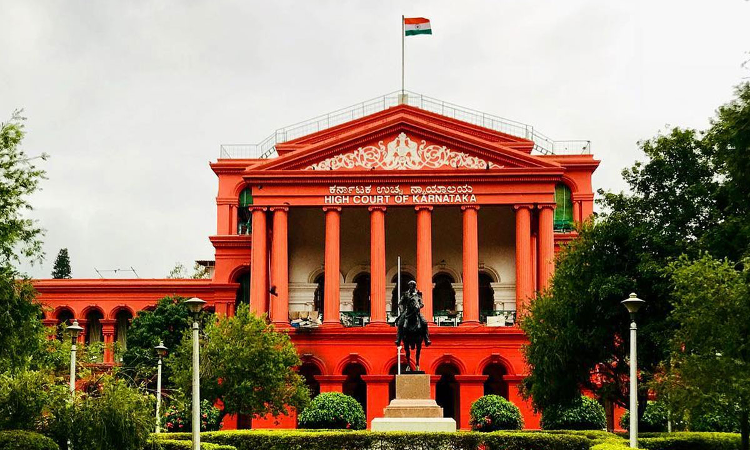The Karnataka High Court has delivered a significant judgment clarifying the validity of promissory notes containing additional clauses for debt recovery. In a case involving a dispute over a promissory note, the court ruled that a clause allowing the payee (the person who receives the payment) to recover the debt through legal means does not invalidate the note or violate its essential requirement of an unconditional undertaking to pay.
The court emphasized that Section 4 of the Negotiable Instruments Act stipulates that a promissory note must contain an unconditional undertaking to pay a specific sum of money. This undertaking forms the core of the document and makes it a negotiable instrument. However, the court clarified that the presence of additional clauses, such as the right to recover through legal means, does not negate the unconditional nature of the undertaking.
In the specific case, the promissory note included a clause stating that the payee could proceed against the property of the maker (the person who issued the note) if the debt remained unpaid. The court reasoned that this clause merely provided the payee with an additional remedy in case of default and did not alter the unconditional promise to pay the stated sum.
This ruling has important implications for commercial transactions involving promissory notes. It clarifies that including clauses for legal recourse does not jeopardize the validity of the note as a negotiable instrument. This can offer lenders and creditors greater security and flexibility in recovering debts.
However, it is crucial to note that the court’s judgment applies specifically to the context of the case and the specific wording of the additional clause. The validity of such clauses may vary depending on the specific circumstances and the precise language used. It is always advisable to consult with legal counsel to ensure that promissory notes are drafted in compliance with the Negotiable Instruments Act and accurately reflect the intended agreement between the parties.
